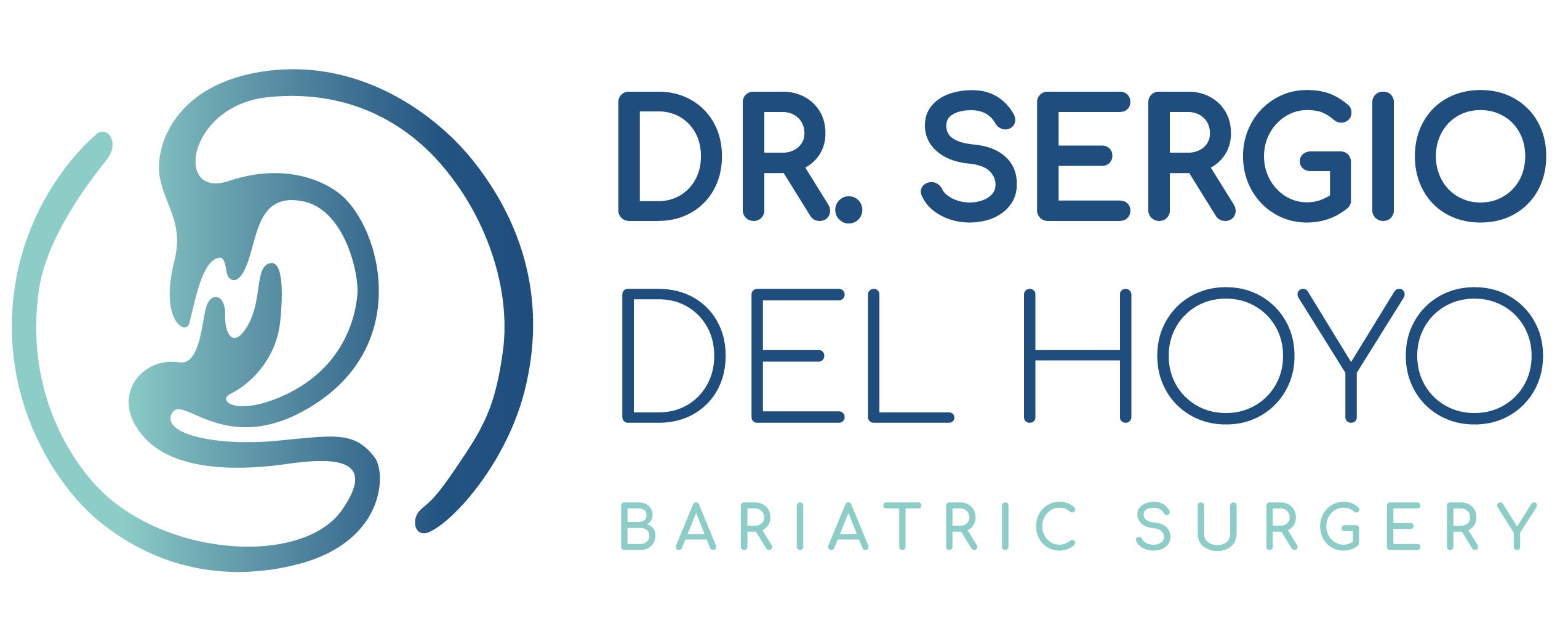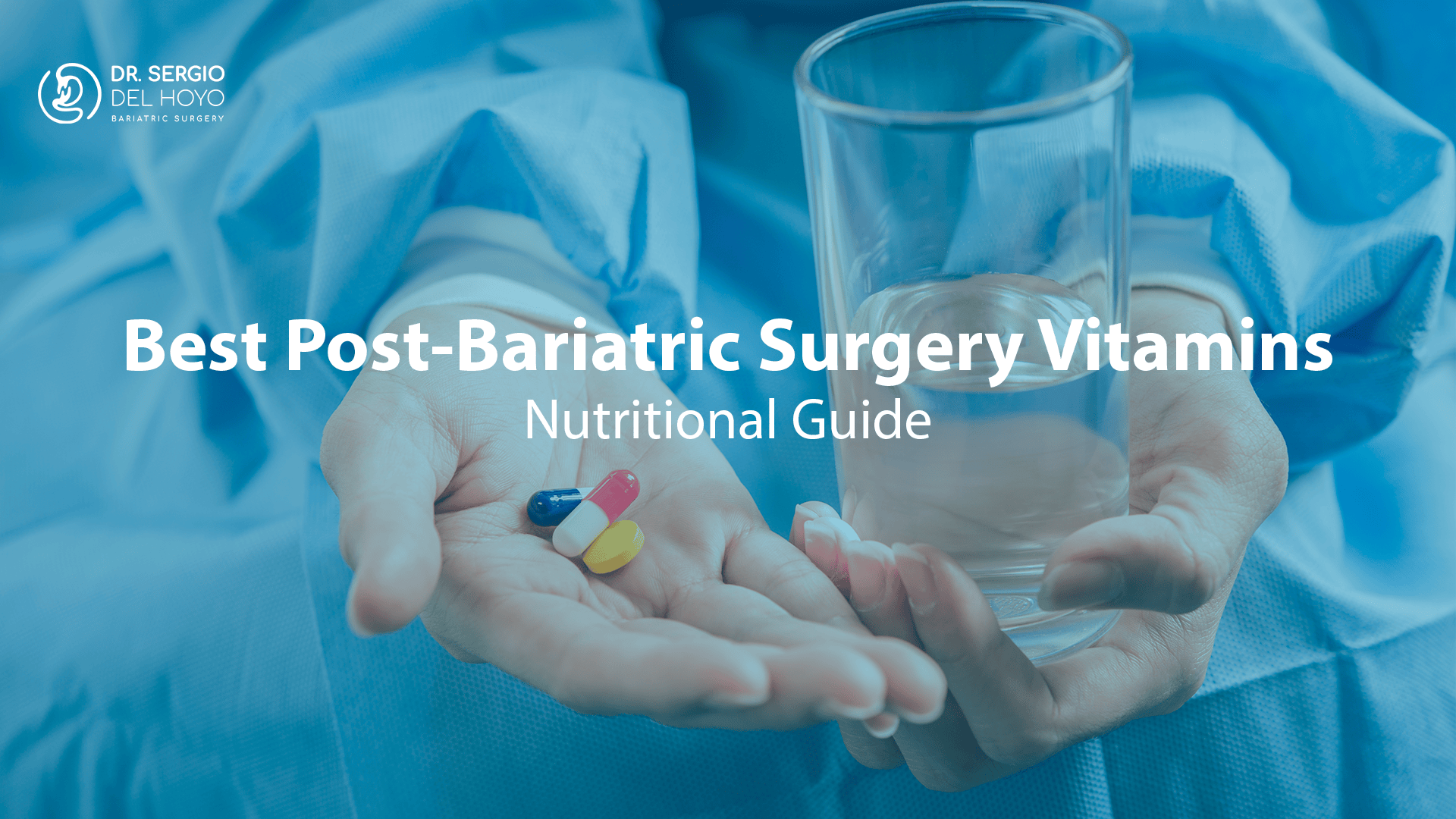Introduction: The importance of post-bariatric surgery nutrition
Bariatric surgery is a transformative, life-changing procedure for those seeking an effective solution for weight loss and improvement of obesity-related conditions. However, the journey does not end with the operation; In fact, it is there that a crucial path towards maintaining the results obtained begins. Post-bariatric surgery nutrition plays a critical role in this process, ensuring that the body receives the essential nutrients necessary for optimal recovery and to sustain long-term benefits. Adapting to a new eating style and incorporating vitamin supplements are essential steps to avoid nutritional deficiencies and promote comprehensive well-being. Learn the best vitamins after bariatric surgery.
Why is vitamin supplementation crucial after bariatric surgery?
Bariatric surgery significantly alters the digestive system, which can compromise the body’s ability to absorb nutrients efficiently. This modification in anatomy and physiology requires special attention to diet and, in particular, vitamin supplementation. It must be remembered that the patient’s discipline, adherence to changes in their lifestyle, correct nutrition, and exercise are a gateway to a better quality of life in health.
Essential vitamins after bariatric surgery
Among the fundamental vitamins to incorporate after bariatric surgery are:
Vitamin A: Essential for visual health and tissue repair.
Vitamin D: Crucial for calcium absorption and bone health.
Vitamin E: Important for skin health and prevention of heart disease.
Vitamin K: Necessary for blood clotting and bone health.
Vitamins B12 and other B complex: Essential for energy metabolism and the health of the nervous system.
Each of these vitamins plays a specific role in the body, and proper supplementation ensures the maintenance of essential bodily functions and the prevention of deficiencies.
How to Prevent Nutritional Deficiencies After Surgery
Preventing nutritional deficiencies begins with a well-structured eating plan, which must be developed and monitored by a team of health professionals. This plan should include a balanced diet, rich in protein, vitamins, minerals, and fiber, along with recommended supplementation. Regular monitoring of nutrient levels through blood tests allows for timely and personalized adjustments to supplementation.
Vitamin absorption after bariatric surgery
After bariatric surgery, the body’s ability to absorb nutrients is compromised due to the modification of the gastrointestinal tract. This change especially affects the absorption of fat-soluble vitamins (A, D, E, K) and B12. To improve the absorption of these nutrients, it is recommended to consume supplements in highly bioavailable forms, such as vitamins in emulsion or sublingual form, and accompany their intake with foods that promote their absorption, such as healthy fats for fat-soluble vitamins.
Nutritional strategies after bariatric surgery
Adopting appropriate nutritional strategies is crucial to ensure optimal recovery and maintain long-term results:
Meal planning: Eat small portions throughout the day to avoid overloading your small stomach.
Prioritize protein: Ensure adequate protein intake to promote healing and weight loss.
Include fiber: Fiber helps regulate intestinal transit and promotes satiety.
Hydration: Maintain adequate fluid intake to avoid dehydration.
These strategies must be adapted to each individual, considering their specific nutritional needs, food tolerances, and personal preferences.
Tips for effective supplementation
To maximize the benefits of vitamin supplementation and avoid potential side effects or interactions with other medications, consider the following tips:
Consistency: Take the supplements as directed by your health team, without skipping doses.
Diversification: Use different forms of supplements (pills, liquids, injectables) depending on what best suits your absorption capacity.
Interactions: Consult a healthcare professional before combining supplements with prescription medications.
Importance of regular nutritional monitoring
Regular nutritional monitoring with a dietician or nutritionist specialized in bariatric surgery is essential to adjust diet and supplementation as the body’s needs change. These consultations allow deficiencies to be identified and treated before they become significant health problems, in addition to adapting the nutritional plan to the weight loss and maintenance phases.
Conclusion: Maintaining a healthy lifestyle post-surgery
Bariatric surgery is just the beginning of a journey toward a healthier lifestyle. Adequate vitamin supplementation, along with well-planned nutritional strategies and regular follow-up, are essential to ensure the long-term success of surgery. By adopting these habits, patients will not only maintain their weight loss results but will also improve their overall quality of life, enjoying long-lasting health benefits. The key to success lies in the commitment to comprehensive postoperative care and close collaboration with a team of professionals dedicated to your well-being.
Opting for bariatric surgery with Dr. Sergio del Hoyo in Puerto Vallarta, Mexico, offers a unique opportunity to transform your life. With expert care and personalized support, Dr. del Hoyo guides patients every step of their journey, ensuring optimal results and a brighter, healthier future. Take the first step toward a new you and unlock the potential for lasting well-being and vitality.



